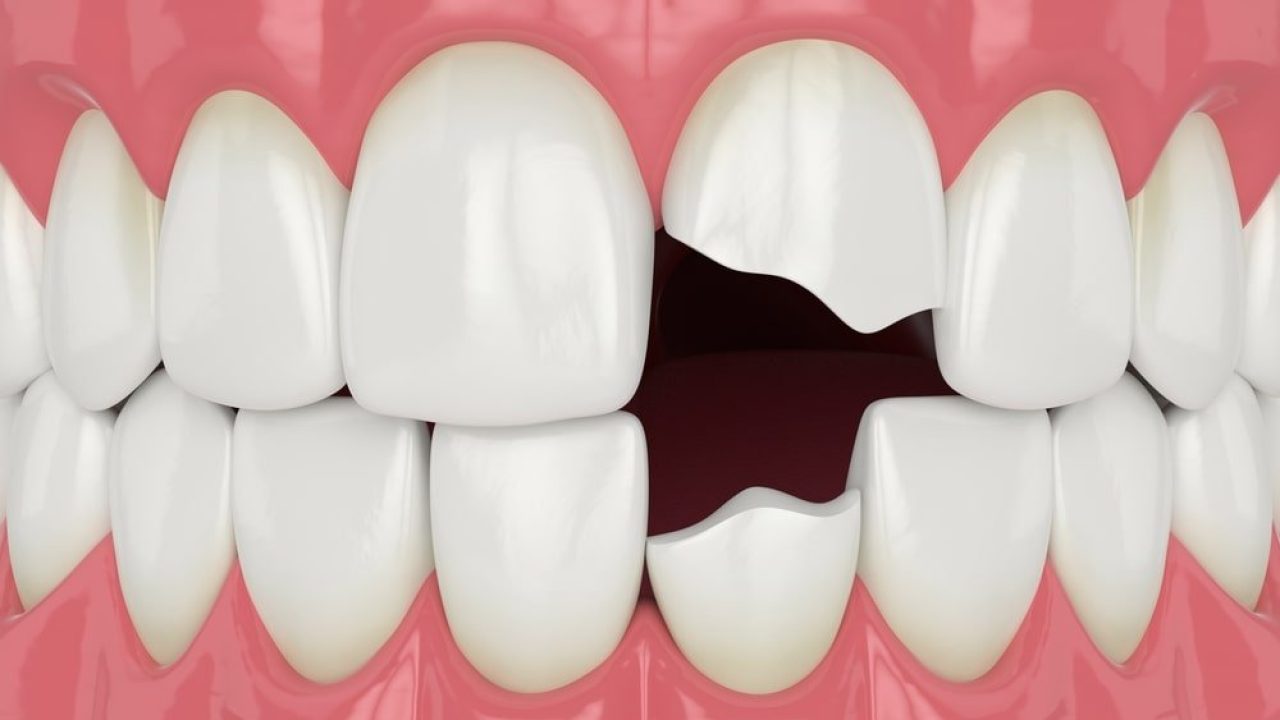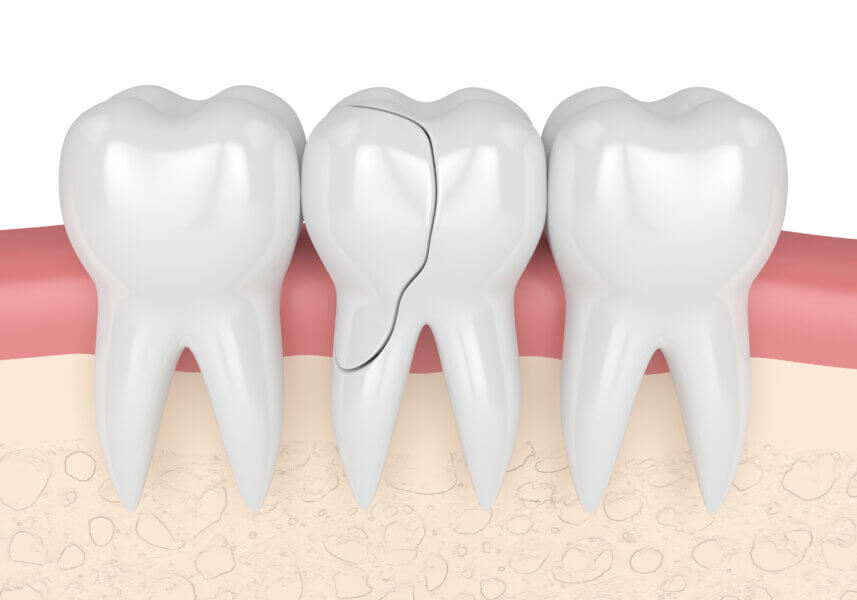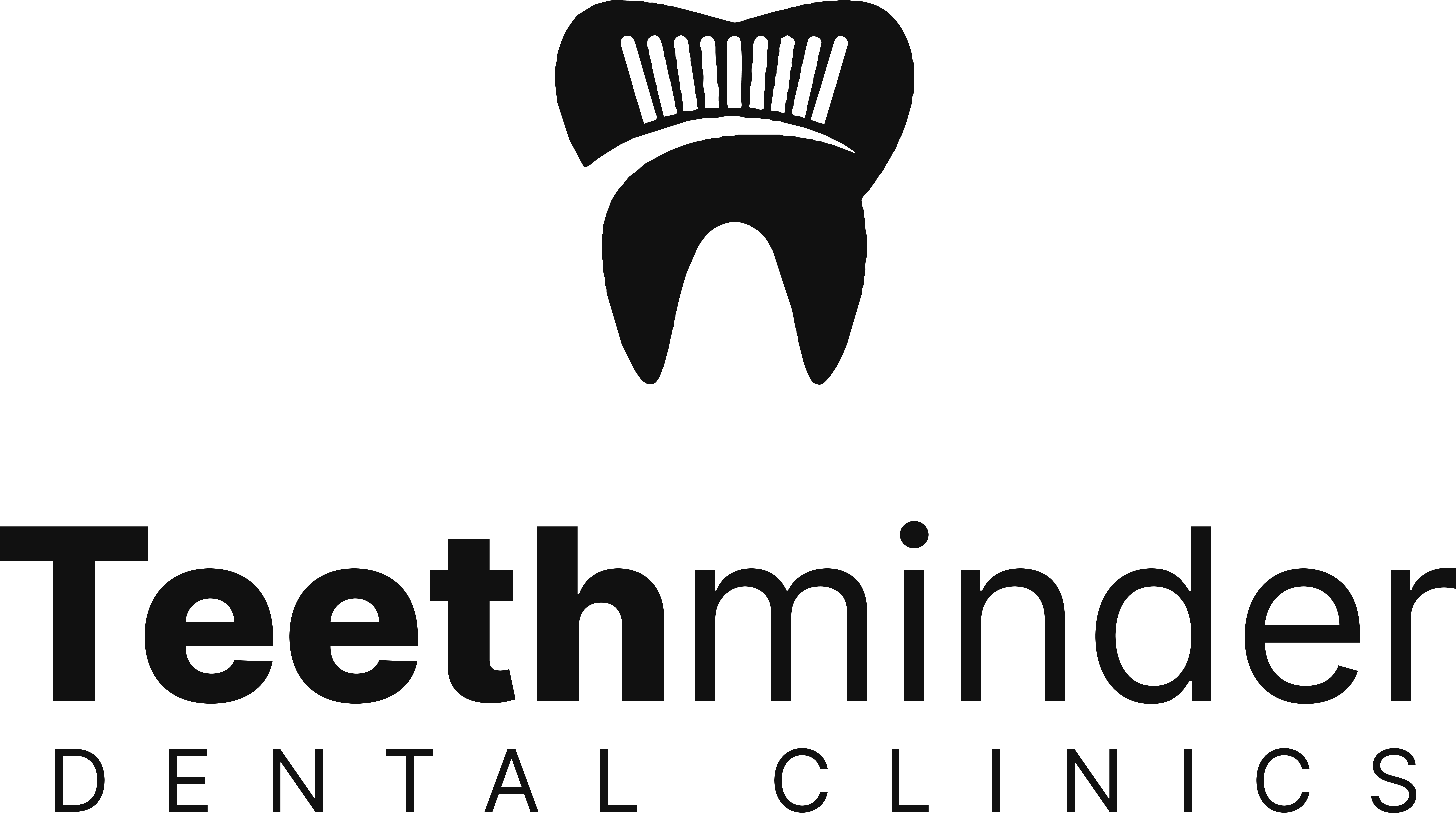
12 Sep What to Do When You Have a Dental Emergency
Dental emergencies can happen unexpectedly, and knowing how to respond quickly can make a huge difference in preserving your oral health. Whether it’s a sudden toothache, a knocked-out tooth, or a broken crown, understanding how to handle these situations can save you from further discomfort and complications. Here’s what you need to know if you face a dental emergency.
1. Severe Toothache

A toothache can be more than a minor annoyance; it could be a sign of a deeper issue like an infection or decay. If you experience intense, persistent pain, here’s what you should do:
- Rinse your mouth with warm water to clear away any food particles.
- Floss gently to ensure that something isn’t stuck between your teeth.
- Avoid aspirin directly on the gum as it can cause burns.
- Take an over-the-counter pain reliever, but see your dentist as soon as possible for a professional diagnosis.
2. Knocked-Out Tooth
Losing a tooth can be a distressing experience, but acting swiftly can increase the chances of saving the tooth.
- Pick up the tooth by the crown, not the root. Touching the root can damage the cells necessary for reattachment.
- Rinse it with water to clean off dirt, but do not scrub it.
- If possible, try to reinsert the tooth into the socket. Hold it in place by gently biting down on it.
- If reimplantation isn’t possible, store the tooth in milk or a saline solution and head to the dentist immediately. The quicker you act, the better the chance of saving the tooth.
3. Chipped, Broken, or Cracked Teeth

A chipped or broken tooth can be painful and expose the nerve, leading to further damage.
- Rinse your mouth with warm water.
- If there’s swelling, apply a cold compress to your face to reduce it.
- Collect any broken pieces of the tooth, if possible, and bring them to your dentist.
- Avoid using the damaged tooth until you can see a dentist, as pressure could worsen the break.
4. Lost Crown or Filling
If a crown or filling falls out, it can leave the tooth vulnerable to damage or infection.
- If you have the crown, clean it and try to place it back onto your tooth temporarily using dental cement (available at pharmacies) until you can get to the dentist.
- For a lost filling, use sugarless gum or dental cement to cover the cavity to protect it until you can receive professional care.
5. Abscessed Tooth
An abscess is a pocket of pus that forms around a tooth due to a bacterial infection. It can be a serious condition, leading to spreading infections if untreated.
- Rinse your mouth with salt water multiple times a day to help draw out the infection and alleviate pain.
- Avoid pressing or poking the abscess.
- Seek dental care immediately, as an untreated abscess can lead to severe complications, including spreading infection or tooth loss.
6. Soft Tissue Injuries (Tongue, Gums, Cheeks)
Biting your tongue or cheek, or injuring your gums, can cause significant bleeding and discomfort.
- Rinse your mouth with a mild saltwater solution to clean the area.
- Apply pressure with gauze or a clean cloth to stop the bleeding.
- If the bleeding continues after 10-15 minutes, seek medical help immediately.
Final Thoughts
Dental emergencies can be painful and frightening, but being prepared can make all the difference. Always keep your dentist’s contact information handy and don’t hesitate to seek immediate care for serious issues. In the meantime, practicing good oral hygiene and using protective gear during physical activities can help prevent emergencies from happening in the first place.
For all your dental care needs, including emergency services, feel free to contact us at TeethMinder Dental Clinics. Our team is ready to help restore your smile, no matter the situation.



No Comments